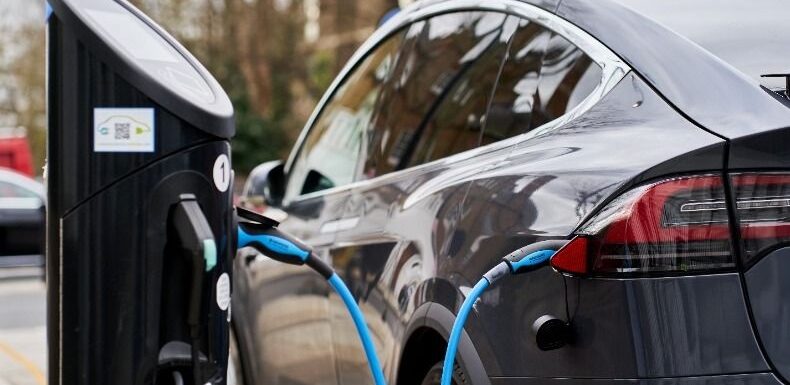
The automotive industry has long been a symbol of innovation, progress, and freedom. From the invention of the first automobile by Karl Benz in the late 19th century to the modern-day electric vehicles, automobiles have come a long way. They have revolutionized transportation, changed the way people live and work, and have become an integral part of our daily lives.
One of the most significant contributions of the automotive industry is the economic growth it has brought to countries around the world. The production, distribution, and maintenance of automobiles have created countless jobs, boosted local economies, and stimulated economic growth. The industry has also fostered the growth of related sectors such as manufacturing, technology, and infrastructure development. Automotive companies invest heavily in research and development, leading to advancements in technology and new products that push the boundaries of what is possible.
Safety is another crucial aspect of the automotive industry. Over the years, automakers have developed innovative safety features that have saved countless lives. Features like seatbelts, airbags, anti-lock braking systems, and lane departure warnings have become standard in modern vehicles. The industry constantly works towards improving vehicle safety through research, crash tests, and implementing the latest technologies. This commitment to safety has led to a significant reduction in the number of accidents and fatalities on the road.
Environmental sustainability is a growing concern in today’s world, and the automotive industry has recognized the need to address it. Automakers are investing in research and development of electric and hybrid vehicles, striving to make them more affordable and accessible to the general public. These vehicles produce lower emissions and are more fuel-efficient, thereby reducing our dependence on fossil fuels and mitigating the impact on the environment. The industry is also exploring other alternatives, such as hydrogen fuel cells and biofuels, to further reduce carbon emissions.
The automotive industry plays a vital role in promoting technological advancements. From in-car entertainment systems to self-driving cars, technology has been an integral part of the automotive industry’s evolution. Automakers continuously strive to integrate the latest technological innovations into their vehicles, providing consumers with enhanced experiences and more convenience. The rise of electric vehicles has also led to advancements in batteries and charging infrastructure. The industry’s focus on technology has created a ripple effect, driving innovation in other sectors as well.
Aside from the economic, safety, environmental, and technological aspects, the automotive industry has also had a significant impact on culture and society. Automobiles have long been a symbol of status, freedom, and adventure. They have shaped our travel habits, allowed us to explore new places, and brought people closer together. Cars have also influenced popular culture, with movies, songs, and books often featuring iconic or memorable automobiles. Whether it’s the sleek and stylish sports car or the rugged and adventurous SUV, automobiles have become an integral part of our lifestyle and identity.
The automotive industry’s influence continues to grow as it adapts to changing consumer needs and societal trends. The importance of sustainable practices, connectivity, and autonomous vehicles will shape the industry’s future. As we move towards a more sustainable and connected world, the automotive industry will continue to play a pivotal role in shaping the way we live, work, and travel. It will continue to drive economic growth, foster technological advancements, and provide us with the freedom and convenience that automobiles have come to represent.

